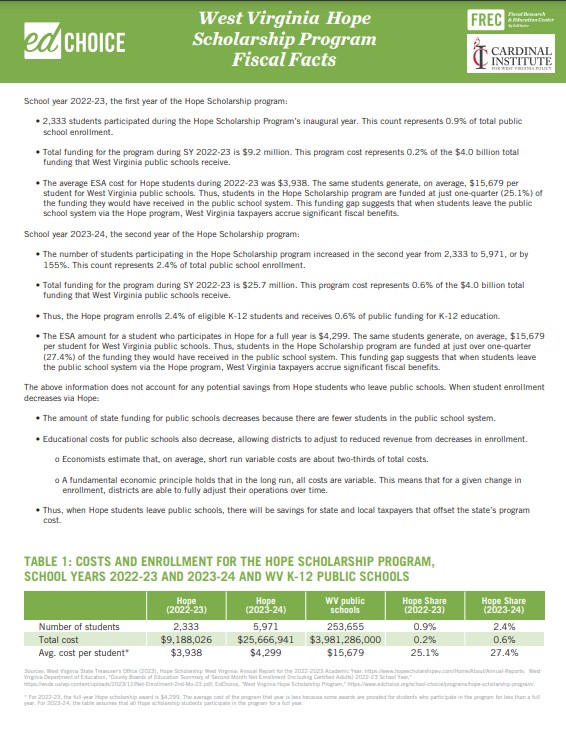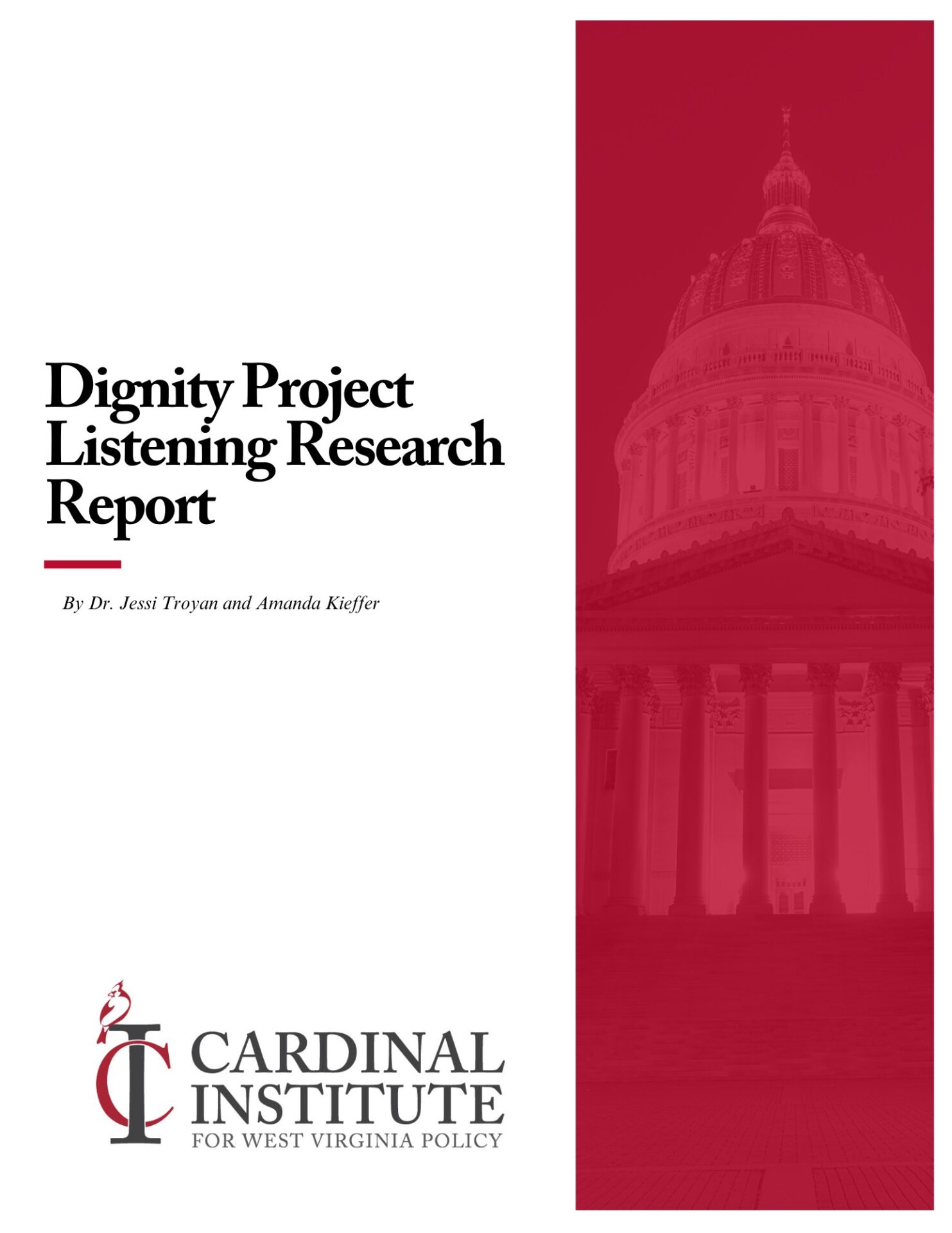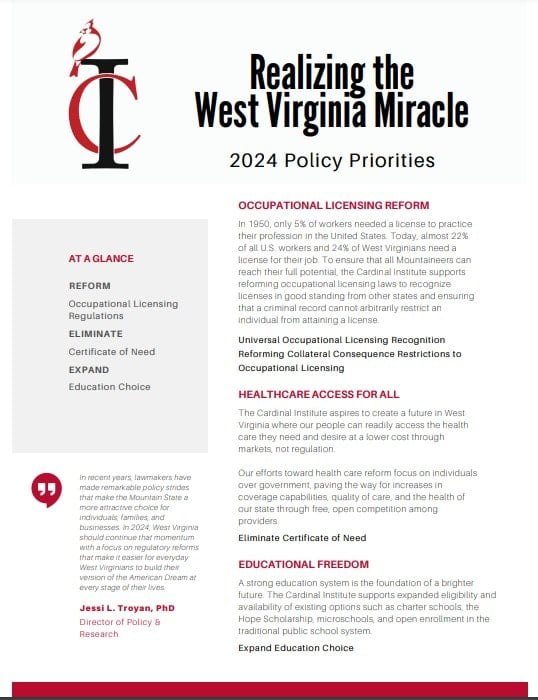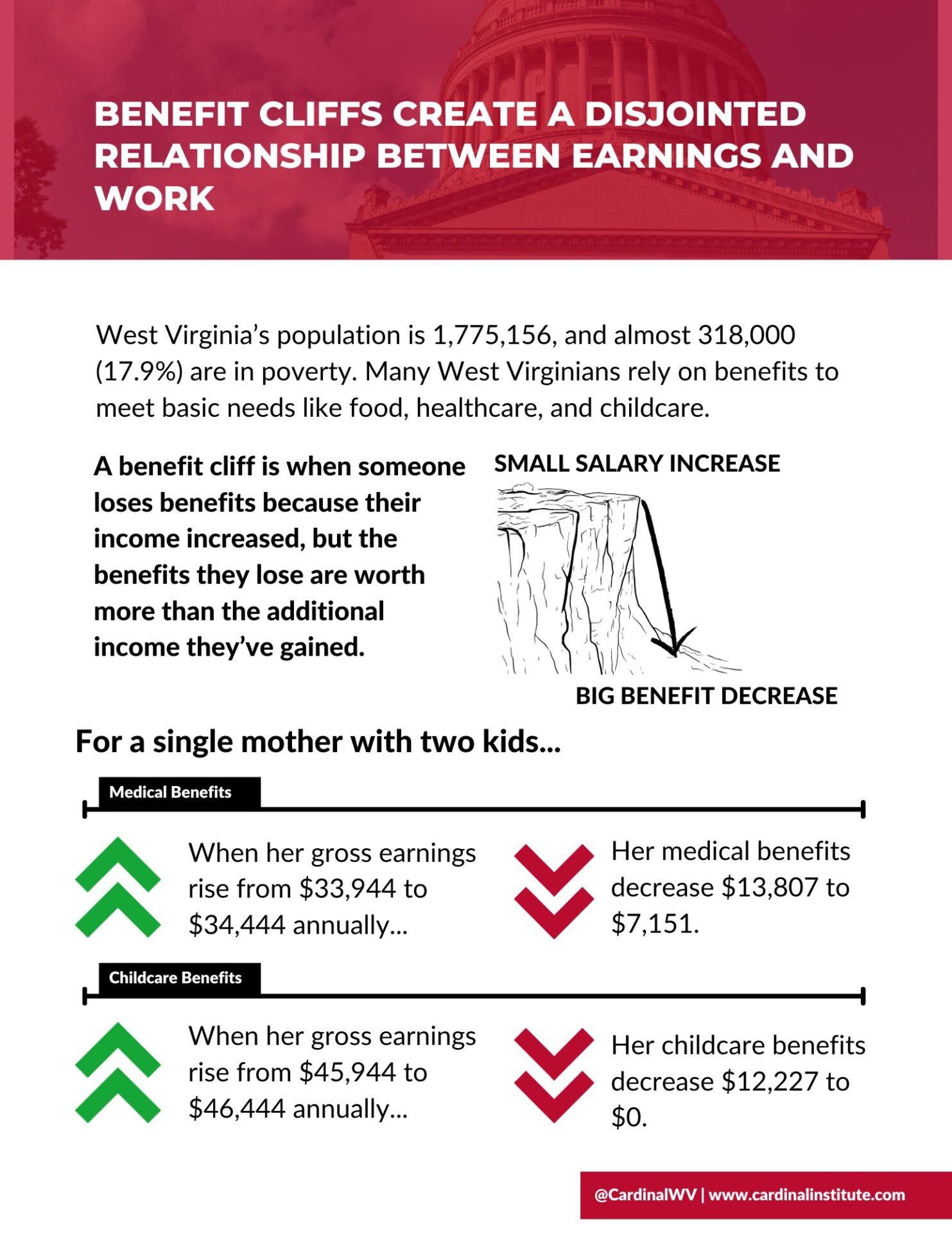Possible SALT Deduction Workaround
A new state income tax workaround may find itself welcome in the Mountain State during the 2023 Legislative Session. This new workaround would bypass the $10,000 cap on state and local tax (SALT) deductions at the federal level. The cap on SALT deductions are a provision implemented by the 2017 Tax Cuts and Jobs Act (TCJA). This workaround would mark a positive change for West Virginia’s business owners. Nationwide, the workaround could save businesses more than $10 billion annually in federal taxes.
Tax Cuts and Jobs Act Caps SALT Deductions
In 2017, the Trump Administration passed the TCJA, which overhauled federal tax code by reforming tax implications for individuals and businesses. Now, taxpayers who elect to itemize, seeking to utilize the SALT deduction, may deduct only $10,000—whereas pre-TCJA it was uncapped.
What is a Deduction?
A deduction is an expenditure that may be subtracted from your income to reduce how much you pay in taxes. Therefore, the provision reduces taxable income. For context, there are two types of deductions: standard and itemized. A standard deduction, more commonly used by filers, is a single deduction of income tax at a fixed amount. Itemized deductions allow taxpayers to list each individual contribution or payment with the aim of securing larger reductions. Higher-income taxpayers who often have larger deductive expenses, such as mortgage interest and charitable contributions, more commonly use itemized deductions.
The reformed SALT cap from the TCJA limits the amount of itemized expenditures which individuals may report for a tax reduction. This has consequently inflicted pain for many high-income earning states. This limits how much high income individuals’ and business’ tax obligation may be reduced.
States Create SALT Deduction Workarounds
In response, more than twenty states, including Maryland, Ohio, and Pennsylvania, have passed or proposed workarounds that once again provide uncapped SALT deductions.
Certain businesses across the nation are pass-through entities. These businesses reflect gains and losses on an individual owners’ tax return. This makes an individual responsible for payments and subject to the $10,000 deduction limit. However, according to a new introduced bill, West Virginia might flip this idea on its head. These pass-through entities would be able to pay the taxes at the entity level. Then individual owners would receive a credit on their state personal income taxes for the amount already paid by their business.
In short, the bill incentivizes business growth in the Mountain State. This legislation would encourage high net worth individuals who wish to use federal itemized deductions to relocate to West Virginia.
SALT Deduction Workaround Will Encourage Business Growth in West Virginia
For business owners, the change to lower tax liability is extremely attractive. Instead of high-net-worth individuals living in high-cost states, such as California and New York, this bill could attract such individuals to establish business in, and move their families to, West Virginia in order to receive the SALT workaround.
For states across the nation, approval of the workaround makes sense—it encourages business activity and provides owners seeking to use itemized deductions a relief from the SALT cap. Since passage of such bills across the nation, there has been no attempt to stop the workarounds from the federal government.
With this timely legislation, West Virginia has the opportunity to keep pace with a growing number of states across the nation. Businesses take note.
Jessica Dobrinsky is a policy analyst with the Cardinal Institute for West Virginia Policy.
Read more about Cardinal’s views on West Virginia tax reform here.










